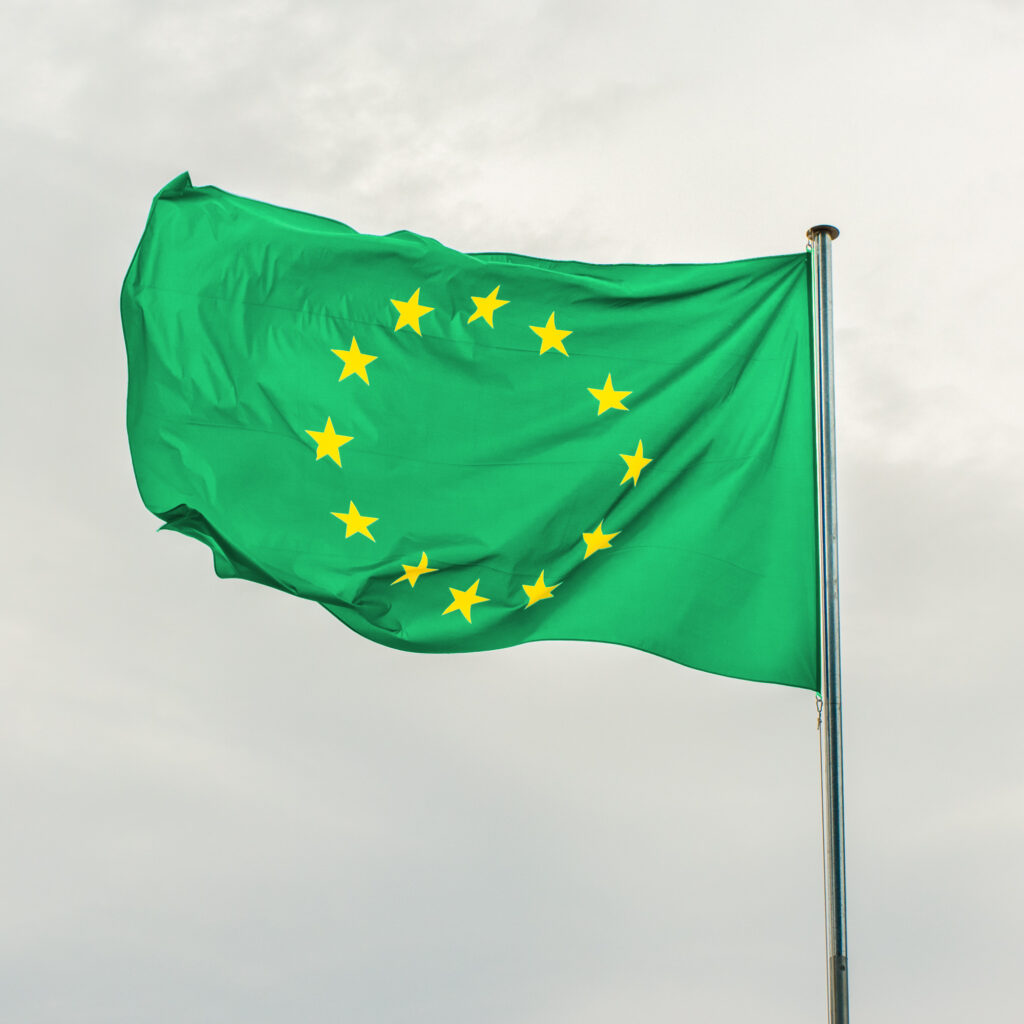The end of greenwashing in the EU?
In January 2024, the European Union Parliament approved a directive known as the “Green Claims Directive,” which aims to establish a common framework for the communication of environmental information on the impacts of products and services. Its objective is to prevent consumers from being misled by false or exaggerated claims and provide a legal basis for holding companies accountable for using greenwashing practices.
The directive includes several measures, such as:
- Prohibition of environmental claims that do not fulfill a minimum set of criteria;
- Regulation on comparative claims;
- Prohibition of sustainability labels not meeting minimum transparency and credibility requirements;
- Limitation on the use of aggregated scores on environmental impacts;
- The creation of new private labels should be approved by Member States;
- The creation of new public labels at the national or regional level should be prohibited. New public schemes should be developed at the EU level only.
Additionally, it refers to the EU directive for a Directive for empowering consumers for the green transition, which includes a prohibition of ‘self-certified’ sustainability labels without third-party verification.
SANE fully supports the EU directive as it aligns with our mission of helping consumers recognize products made in a sustainable way and promoting brands that offer genuinely sustainable products.
Not only is the objective of SANE in line with the EU directive, but we totally subscribe to its requirements and approach.
We are seeing a growing number of loud environmental claims in the fashion industry that relate to an insignificant part of a product; certification without third-party verification or clear requirements or with a scoring system that allows major impacts to be overlooked. Many schemes are also presented to consumers as certifications when in fact, they are membership programs that only require the payment of annual fees.
The prevalence of such practices creates a situation where consumers are unable to distinguish genuine claims from false ones, making it challenging for honest brands to be trusted by consumers and decide which certification is the most relevant to communicate their values.
This is why we sincerely welcome such a pioneering regulation. We hope that this directive will soon be adopted by the EU Council and enforced by the Member States, and possibly used as a model in other regions of the world.
The corporate race for profit is one of the main causes of the environmental crisis, and citizens are becoming increasingly aware of this. Instead of rethinking their model, many companies are using consumers’ environmental concerns to fool them and generate even more profit. SANE’s main goal is to counter this trend, but it is essential that legal regulations put a stop to it.
It is important to highlight that the “Green Claims Directive” only addresses environmental claims, which is one dimension of SANE certification. SANE also ensures that certified products are made under fair working conditions and are free of toxic substances. In these areas, too, we are seeing many misleading claims and dubious labels in the fashion industry. Hopefully, this directive or other EU directives will help to improve the communication related to those subjects as well.
What does the directive mean for SANE?
First of all, it means we are on the right track. SANE will closely follow the adoption of the directive and then its implementation by the Member States, especially in Germany, where SANE is headquartered.
SANE will make sure to comply with all requirements concerning labeling schemes even before the adoption of the Directive and abide by subsequent approval procedures once they are in place.
Ultimately, the enforcement of the directive will be very positive for SANE by eliminating unfair competition from unreliable labels and encouraging brands to use credible third-party certifications like SANE.
